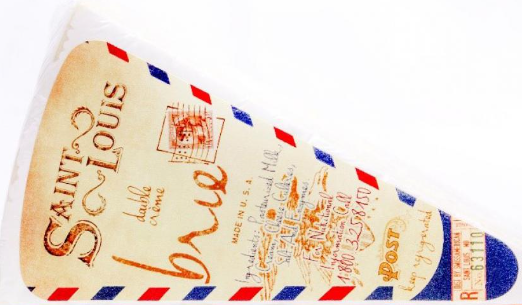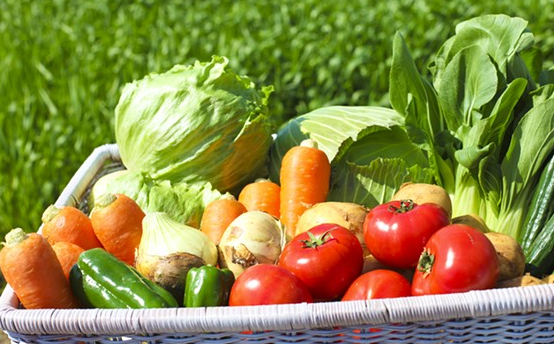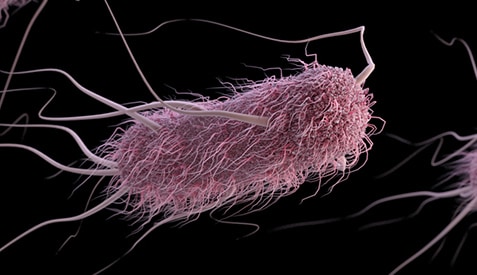Swiss American recalled St Louis Brie products after being alerted by Old Europe Cheese, Inc. manufacturer that the products could be contaminated with Listeria monocytogenes. The recall is part of a voluntary broader recall by the manufacturer. The recalled products include St Louis Domestic Brie Wedge 7 Oz, St Louis Domestic Cut Brie Wedge, St Louis Brie, ST LOUIS BRIE PRE CUT WEDGES, and ST LOUIS CW BRIE WHEEL. @ https://www.fda.gov/safety/recalls-market-withdrawals-safety-alerts/swiss-american-participates-manufacturer-old-europes-recall-brie-and-camembert




